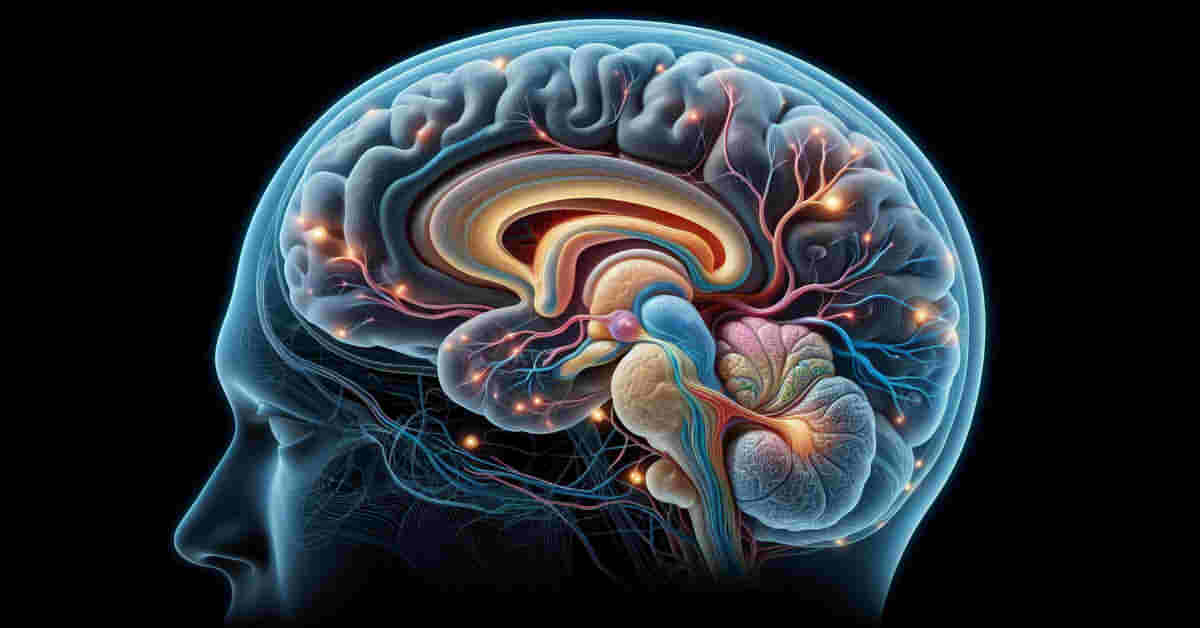Being less emotional requires an understanding of the nature of emotions and the common coping mechanisms used to handle them. In fact, the majority of people have no clue about how to properly manage their emotions well. They often rely on strategies they have learned from their surroundings, typically during upbringing. These coping mechanisms are not necessarily effective and are often used unconsciously for years, leading to the mistaken belief that they dissolve emotions. However, these emotions do not get dissolved; they are merely suppressed in the subconscious mind, creating layers of burdens over time. Removing these burdens from the body or the nervous system can take time and dedication, but doing so is essential to feeling light and joyful. Therefore, to properly address emotions, one should understand both the nature of emotions and the coping mechanisms that are commonly employed.
Understanding the Nature of Emotions
Emotions are an intrinsic and vital part of being human. They are our indicators and remind us to see what we feel, within ourselves individually or in the environment. Learning to understand and accept our emotions can greatly improve quality of life. Emotions serves us as a elegant feedback system that warns of dangers, invites towards opportunities and helps to manage in the complexity of societal environments. For example, fear can save our lives; joy could motivate us to engage in life-sustaining behaviors.
Emotions have important roles in our lives. They are not our enemies, especially the disturbing ones. We often discriminate against our emotions by labeling the pleasing ones as friendly and the disturbing ones as enemies. This is an unnatural and non-innate approach. The quick path to failure is to fight your emotions; you will never be able to dissolve them properly through resistance. Instead, recognizing and accepting emotions as they come can help in processing them effectively.
The Coping Mechanisms
There are various coping mechanisms that people use unconsciously when disturbing emotions arise. However, two primary mechanisms are deeply rooted in many people’s responses: reaction and control.
Reaction
Reactions to emotions are translated as an enjoyment of the experience. The brain is always listening to your desires and delivering what you are engaged in. It considers your reaction as a sign of contentment; as a result, it produces more of those disturbing emotions so that you can continue to enjoy the experience. Your brain does not differentiate between disturbing or pleasant emotions because it is simply a factory whose job is to create emotions to flavor the experience.
The brain thinks your reaction to an emotion (joy, anger, fear or sadness) is important. It reads your high reaction level as a sign that you really care about this emotion. This activates the brain’s reward system in turn, further strengthening those same neural paths connected to that emotion. This reinforcement occurs whether the emotion is good or bad, but like I explained earlier; the brain validates your reaction and defines it to be something you should get more of.
Control
The desire to control emotions is another common but ineffective coping mechanism. This can involve trying to suppress feelings, ignoring them, or attempting to force them into a more desirable state. The question, “How can I be less emotional?” reflects this desire for control. It shows the intention of forcing the outcome, interfering in a natural process, and disrupting the inherent balance that leads to genuine resolution. The constant attempts to change one’s mood state from negative to positive indicate a lack of understanding of the nature of emotions.
Effective Approaches to Managing Emotions
Instead of reacting or trying to control emotions, consider these more effective approaches:
Knowing your emotions: Learn to become aware of the rushing twirl of information in your head. Be aware of your sensations without creating a story. Understand that emotions are transient experiences and messengers of information.
Acceptance: Just let these emotions be without trying to change them. This means to let whatever comes up, manifest and feel the feelings – as all emotions are a part of our human experience.
Meditation: Observe the emotion without taking any action. Try to distance yourself from the emotion to see it more clearly. By Paying attention to how you feel, you can accept the emotion and allow yourself to release it. Meditation can help you observe your feelings without becoming overwhelmed by them.
Conclusion
Feelings are one of the most essential parts of life, teaching us so much about ourselves and our environment. Trying to fight against these will only cause a buildup of stress and eventually even more emotional distress. With an appreciation of the properties of emotions, and without getting caught up in coping strategies you can become emotionally healthier. Recognize Your Feelings as Essential Parts of You. Allow your feelings to be what they are and understand how you can manage them with awareness.


